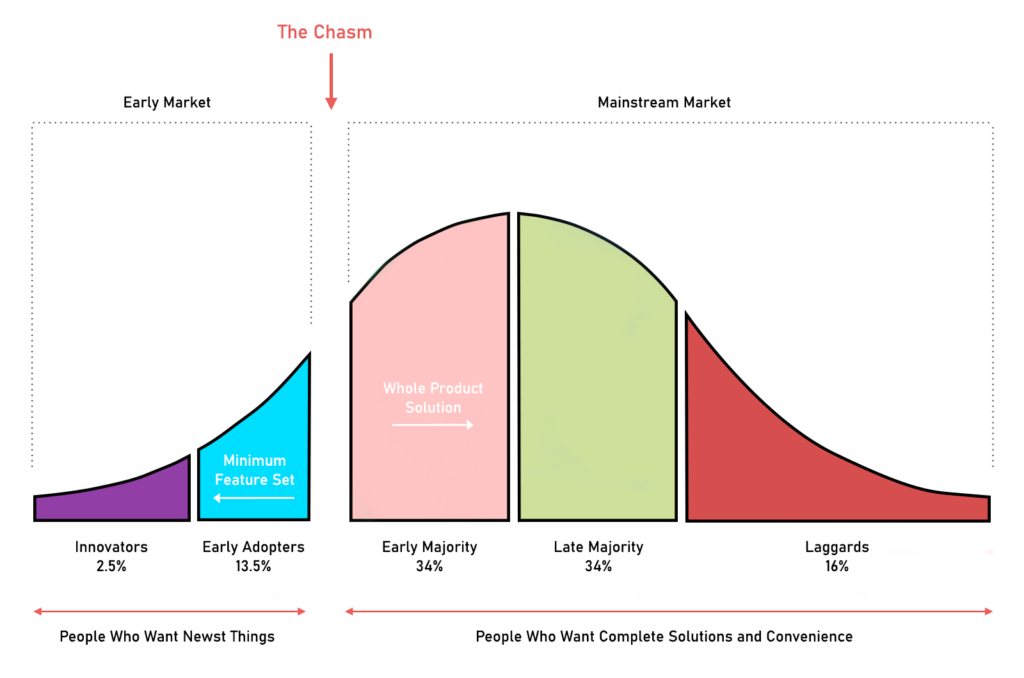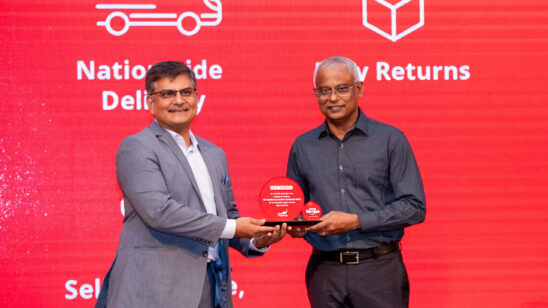
Setting Your Business Up for a Post Covid-19 World
In our work with Perspective Pvt Ltd and Hotelier Maldives over the last seven years, we were fortunate to work with a number of businesses big and small. While we were able to meet some or all of their marketing requirements, the interaction with these companies also offered us many lessons.
Please note some of the concepts and tools mentioned in this article are not necessarily created by us or myself, but borrowed from a number of leading writers and educators on the topic of sales and marketing. However, using these ideas and tools in a particular sequence and in the context of businesses operating in the Maldives and region, we have created a ‘4 step sales system’, which we will introduce later in the article. If you wish you can skip this segment and go straight to a FAQ on the ‘4 step sales system.’ However, we highly recommend you read the following four points before the FAQ so you understand the context more thoroughly and develop a more intuitive understanding in applying the ‘4 Step Sales System.’
Lessons Learnt
- The first lesson we learnt was that many businesses were not properly set up to do their marketing in the most cost effective and efficient way. The strategy pursued by most was to put their products and services out there in the market, expose them to as many people or other businesses as possible and hope enough leads will come through that will end in sales. However, when the leads come in, the businesses were not adequately resourced to deal with the ‘hot prospect’, thus creating disappointment and disillusion.
- Lack of clarity as to who the target market was; let alone the most likely prospects – or even leads – who may want to engage with the company. In this sense, we noticed that what was prevalent among 80% of the businesses we worked with subscribed to ‘interruption marketing’ techniques as opposed to ‘permission marketing’ strategies (For a thorough understanding of the concepts of interruption and permission marketing, we highly recommend Permission Marketing by Seth Godin. The book gives many insights into ‘how companies win when they treat their prospects as an asset, not as a resource to be stripmined and then abandoned.’)
- Lack of imagination in carving out a niche or a brand story. While this is applicable generally to all trades and sectors, we have to acknowledge that some of Maldives’ brands related to hospitality and travel are up there with leading international brands (some of the high-end Maldives’ resorts are in the same CompSet as international hospitality brands).
- A reliance on and a misguided and/or ill informed dependence on traditional ‘mass media’; especially TV advertising, to promote their businesses.
In this scenario, we think the following points might help in being prepared for business and especially the functions of sales and marketing in a business in a post COVID-19 world.
Clarity
Know exactly what it is you want from the situation; in this case the sales or marketing context you are working in. Key to this is to be able to see your product or service inside the frame of ‘crossing the chasm’, knowing who will be your first followers, fans or customers (Innovators and Early Adopters). This is the group that are most likely to try something new in the market. It is always easier when you consciously craft your initial campaign or ‘interruption’ aimed at this segment; following this, as a product or service becomes more ‘mainstream’ you will have to create different strategies to attract the other segments ‘Early Majority, Late Majority and Laggards’ (if you wish to familiarise yourself with these concepts we highly recommend Crossing the Chasm by Geoffry A Moore. The book outlines how new products and new ideas move through a population. They follow a curve, beginning with innovators and early adopters, growing into the majority, and eventually reaching the laggards. While Moor focused on technology products, his insights about the curve apply to just about every product or service offered to an audience).
A long term commitment
Once you know your target and have honed in on your messaging, it is important to keep your focus over the long term on what you want out of the campaign or marketing exercise. People opt in to receive content from you because it is fulfilling one or more of their needs, which had initially led them to the product or service you are offering. So after you obtain permission from a large group and start feeding them useful content, obviously they generate an expectation that the rewards of the exchange will continue. And increasingly customers as well as businesses are having to differentiate among the many options available for buying and selling decisions, which brings us to the third point.
An ability to disqualify
According to many experts on the subject of sales, especially at the stage where you are qualifying prospects, it is imperative you move fast to disqualify dead leads vs pursuing hot leads. To give an example, if you start with a list of 200 prospects, and the ideal way to make a presentation is to meet them face to face, it is perhaps better to send them an email or call them first to see who are the most likely prospects who will proceed to a purchase decision. The alternative would be for you to arrange face to face meetings with all 200. The latter option may take weeks or even months before you can have that initial meeting, only to know that 160 out of the 200 are not interested in your product at all. Instead, if you qualify the prospects and concentrate on the 40 most likely prospects, you may end up getting beyond the initial presentation and proceed towards closing.
The 4 step Sales System
The first step of the ‘4 step sales system’ is designed just for this purpose. By sending out an ‘interruption’ to a large number of prospects or giving out a message on a public, targeted platform such as a website or social media channel, you can see how many of them from the potential target market respond to the interruption and then proceed to engage with them only. It will save a lot of resources and time; two critical components to grow a business profitably.

Mohamed Mamduh is Managing Editor, Hotelier Maldives and Managing Director, Perspective Pvt Ltd. You can reach him on mamduh@hoteliermaldives.com









